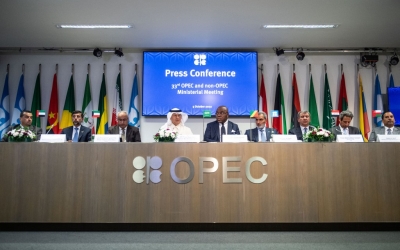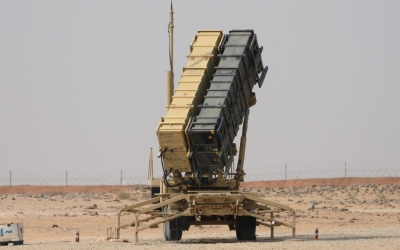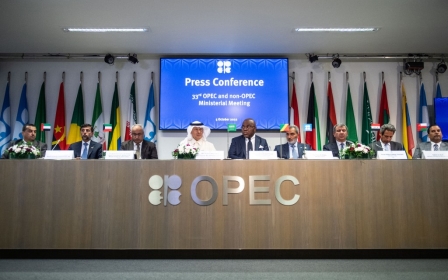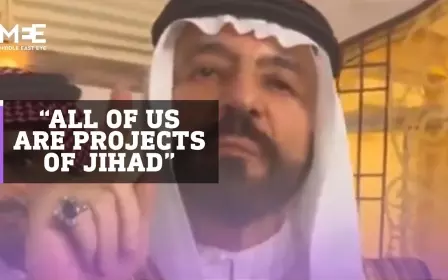Qatar slams 'anti-free market' energy measures, in swipe at Russian price caps
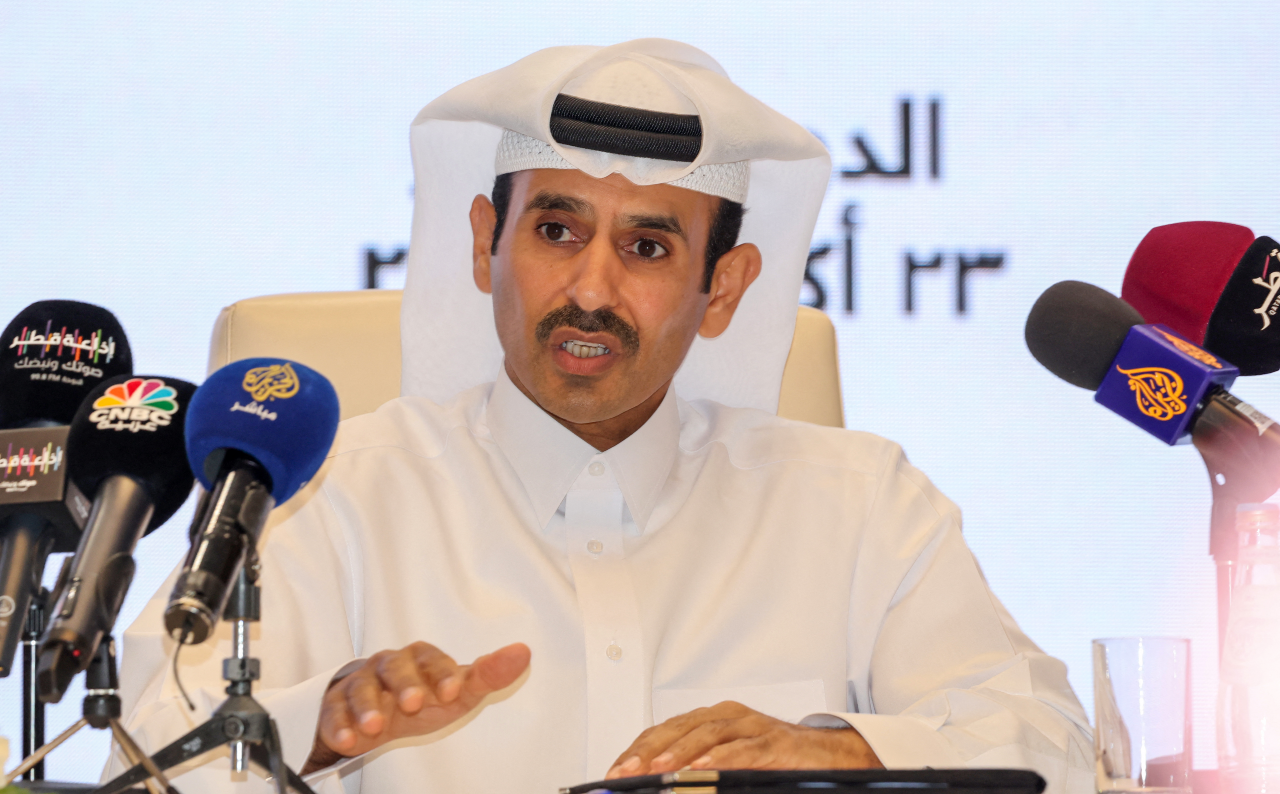
Qatar’s top energy official called for countries to end “anti-free market" agreements in the oil and gas trade, in a veiled swipe at western efforts to tame rising energy prices following Russia’s Ukraine invasion.
“The State of Qatar and QatarEnergy urge all governments and multilateral institutions to craft policies which depoliticize the exchange of fuel commodities in the form of sanctions or anti-free market agreements," Saad al-Kaabi, who is also the head of Qatar's state-run energy company, said in a statement on Monday.
The group of seven wealthy countries (G7) agreed to introduce a price cap on purchases of Russian oil last month in an attempt to limit the Kremlin’s ability to fund its war against Ukraine. EU countries have also proposed a price cap as a way to rein in rising prices.
Price caps on Russian gas and oil have become a contentious issue for Gulf energy producers, who are concerned that western powers could turn the tool on them in the future.
Earlier this month, Saudi Arabia’s energy minister said that US plans for a price cap on Russian oil contributed to the Opec+ decision to slash oil production, a move that has fanned tensions with Washington.
With energy prices rising following Russia's February invasion of Ukraine, Washington had lobbied members of the Opec+ oil cartel, particularly Saudi Arabia, to increase production.
In a move that was seen by Washington as siding with Russia - the other main Opec+ producer - Gulf states voted with Moscow to cut oil production by two million barrels per day.
'Decades of pressure'
Opec+ defended the decision on the grounds that it would support prices amid recessionary fears, and promote investment in the energy sector after years of decline.
Gulf states, whose economies are heavily dependent on oil and gas, have complained about western demands for cheap energy during the current crisis, even as they push ahead with efforts to diversify to cleaner alternatives.
At the United Nations General Assembly in September, Qatar’s ruling emir, Sheikh Tamim bin Hamad Al Thani, blamed anti-fossil fuel measures, mainly in the West, for exacerbating the energy crisis.
“Decades of pressure to stop investing in fossil fuels before having sustainable alternatives" had "led to significant shortage[s] in energy supplies,” Thani said.
“We have to recognise that the future of energy will include a combination of energy sources, including solar, wind and hydrocarbon energy."
The similar message echoed by Gulf states on energy policy marks a rare point of unity after years of animosity between Saudi Arabia - one of the world's largest oil producers - and Qatar, one of the world's largest LNG producers.
Middle Eastern energy producers have sought to capitalise on the rise in energy prices following Russia’s invasion of Ukraine. In September, Egyptian President Abdel Fattah el-Sisi made a rare visit to Qatar in September, after years of tensions between the two countries.
Analysts told Middle East Eye the two would likely look for “synergies” to combine Egyptian infrastructure and Qatari gas exports.
European powers have been scrambling to find new energy suppliers as part of efforts to wean themselves off Russian energy. Last month, Germany’s Chancellor Olaf Scholz signed an “energy security" deal with the UAE to supply liquefied natural gas and diesel fuel.
Qatar has also been approached but says it will take years to boost supply. It has ruled out diverting LNG committed to Asia in long-term contracts.
“Qatar is absolutely committed to sanctity of contracts... When we sign with an Asian buyer or European buyers, we stick to that agreement,” al-Kaabi said.
Middle East Eye propose une couverture et une analyse indépendantes et incomparables du Moyen-Orient, de l’Afrique du Nord et d’autres régions du monde. Pour en savoir plus sur la reprise de ce contenu et les frais qui s’appliquent, veuillez remplir ce formulaire [en anglais]. Pour en savoir plus sur MEE, cliquez ici [en anglais].


